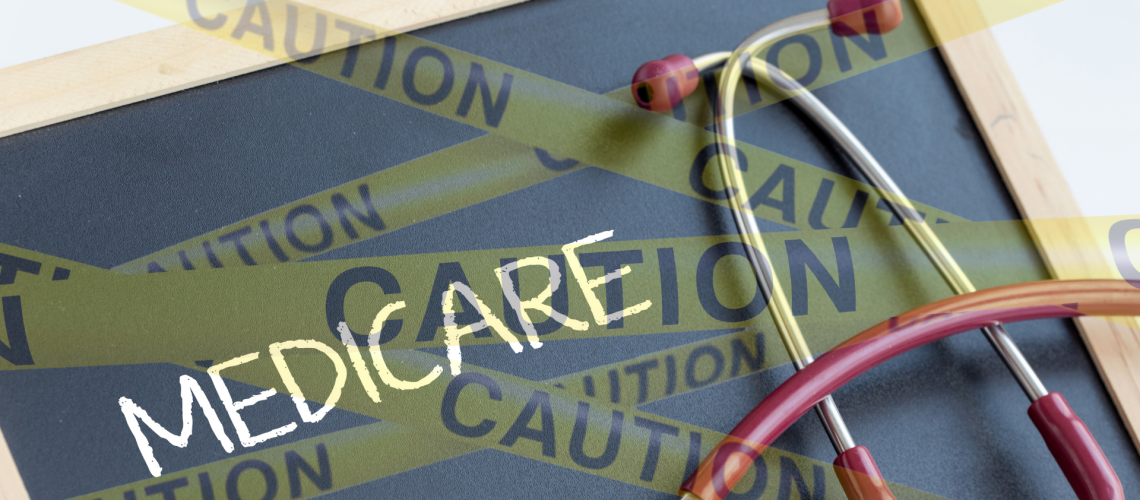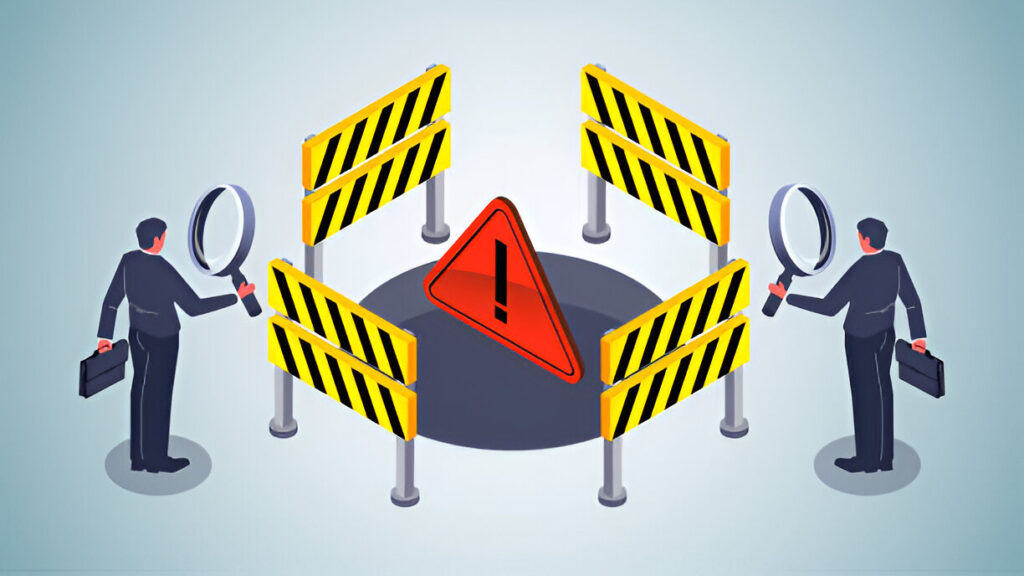Medicare is a vital resource for many seniors, providing essential health coverage and peace of mind. However, like any large program, it can be susceptible to fraud and abuse. Understanding how to recognize, protect yourself from, and report Medicare fraud and abuse is crucial for safeguarding your benefits and personal information. In this comprehensive guide, we’ll walk you through the essentials of Medicare fraud, how to protect yourself, and what steps to take if you suspect wrongdoing.
1. Recognizing Medicare Fraud and Abuse
Understanding the signs of Medicare fraud and abuse is the first step in protecting yourself. Here’s what to look out for:
1.1 Common Signs of Medicare Fraud
Fraudulent Billing: This occurs when healthcare providers bill Medicare for services or items that were never provided. Common examples include:
- Billing for Unnecessary Services: Providers may bill for tests or treatments that were not performed.
- Billing for Services Never Rendered: You may receive bills for services you didn’t receive.
False Claims: This involves submitting false information to Medicare, such as:
- False Diagnosis Codes: Providers might use incorrect diagnosis codes to increase payments.
- Misrepresentation of Services: Services may be exaggerated or misrepresented to obtain higher reimbursements.
Identity Theft: Medicare fraud can also involve the misuse of personal information:
- Using Someone Else’s Medicare Number: Your Medicare number may be used by others to access services or commit fraud.
- Phishing Scams: Scammers may pose as Medicare representatives to steal personal information.
1.2 Signs of Medicare Abuse
Overuse of Services: Medicare abuse can occur when providers offer unnecessary services or treatments:
- Unnecessary Tests: Repeated or excessive testing without medical justification.
- Overprescribing Medications: Providers may prescribe medications unnecessarily.
Substandard Care: Abuse may involve substandard care or neglect:
- Neglect: Failure to provide appropriate care or meet basic medical needs.
- Inappropriate Behavior: Instances of unprofessional conduct or mistreatment.
2. Protecting Yourself from Medicare Fraud and Abuse
Safeguarding your personal and medical information is crucial in preventing Medicare fraud and abuse. Here are some practical tips to help protect yourself:
2.1 Safeguard Your Medicare Number
Keep It Confidential: Treat your Medicare number like a credit card number:
- Don’t Share: Only provide your Medicare number when absolutely necessary and only to trusted entities.
- Shred Documents: Shred any paperwork containing your Medicare number before disposing of it.
Monitor Your Statements: Regularly review your Medicare Summary Notices (MSNs) and Explanation of Benefits (EOBs):
- Check for Errors: Look for services or charges you don’t recognize.
- Report Discrepancies: Contact Medicare if you find any errors or suspicious charges.
2.2 Be Cautious with Personal Information
Verify Requests: Be wary of unsolicited phone calls or emails asking for personal information:
- Scam Calls: Scammers may pose as Medicare representatives.
- Phishing Emails: Emails requesting personal details should be ignored or reported.
Secure Your Information: Protect your personal and medical information online and offline:
- Use Strong Passwords: Ensure your online Medicare accounts are protected with strong, unique passwords.
- Secure Storage: Keep personal information in a safe place.
2.3 Choose Healthcare Providers Wisely
Verify Credentials: Ensure your healthcare providers are reputable and licensed:
- Check Licenses: Verify the credentials of doctors and medical facilities.
- Read Reviews: Look for reviews or ratings of providers and facilities.
Ask Questions: Don’t hesitate to ask your healthcare provider questions about treatments and services:
- Understand the Necessity: Ask why a particular service or treatment is needed.
- Get Second Opinions: Consider seeking a second opinion for significant medical decisions.
3. Reporting Suspicions of Medicare Fraud and Abuse
If you suspect Medicare fraud or abuse, it’s essential to report it promptly. Here’s how you can take action:
3.1 Reporting Fraud or Abuse
Contact Medicare: Report fraud or abuse directly to Medicare:
- Medicare Fraud Hotline: Call 1-800-MEDICARE (1-800-633-4227) to report suspected fraud or abuse.
- Online Reporting: Use the Medicare website to report fraud or abuse.
File a Complaint: If you suspect a specific provider or facility, file a complaint with the appropriate authorities:
- Office of Inspector General (OIG): The OIG investigates Medicare fraud and abuse. You can report suspected fraud via their hotline at 1-800-447-8477 or online.
Notify Your Insurance Company: If you have private insurance in addition to Medicare, report any suspicious activities to your insurer.
3.2 Additional Resources and Support
Senior Medicare Patrol (SMP) Program: The SMP program provides assistance to seniors in preventing and reporting Medicare fraud:
- Find Local SMPs: Visit the SMP website to find local resources and get help with Medicare fraud issues.
State Health Insurance Assistance Programs (SHIPs): SHIPs offer free, unbiased help with Medicare issues:
- Contact SHIPs: Find your local SHIP program for personalized assistance.
4. Conclusion: Stay Vigilant and Informed
Protecting yourself from Medicare fraud and abuse is an ongoing effort that requires vigilance and awareness. By recognizing the signs of fraud, safeguarding your personal information, and reporting suspicious activities, you can help prevent fraud and ensure your Medicare benefits remain secure.
Key Takeaways:
- Recognize Fraud: Be aware of common signs of Medicare fraud and abuse.
- Protect Yourself: Safeguard your Medicare number and personal information.
- Report Suspicions: Take action by reporting fraud and abuse to the appropriate authorities.
For further assistance or if you need help navigating Medicare fraud and abuse concerns, visit www.mwiallc.com or contact our team of experts for guidance.






 Get Your Free Ebook: Click here👉
Get Your Free Ebook: Click here👉 Visit Our Website:
Visit Our Website: 